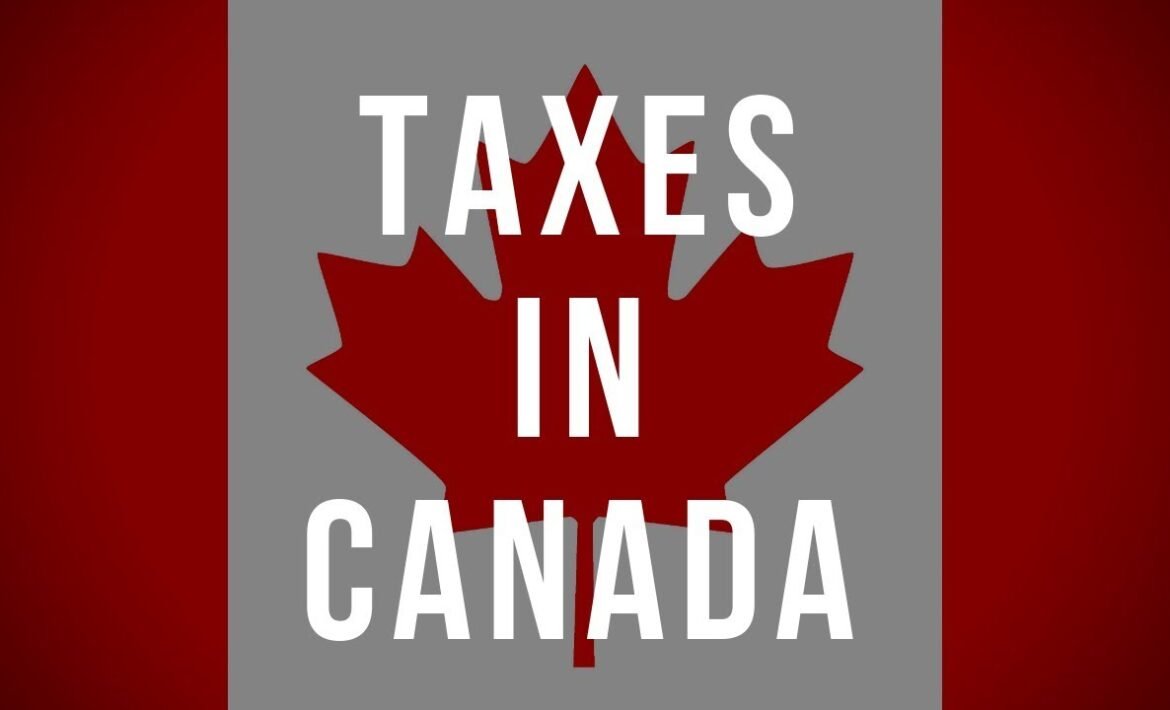Taxation is an important part of Canada’s legal and economic system. Whether you are an individual income income or a business management operation, Canadian tax law requires you to remain obedient and informed financial decisions. Although the Tax Act may seem complex, it is made easier to understand by dividing it into clear segments.
Overview of Canada’s Tax System
Canada’s tax system is governed by the Income Tax Act and is mainly administered by the Canada Revenue Agency (CRA). Taxes finance important services such as health care, education, and infrastructure. Both persons and businesses are required to submit annual tax returns and record income accurately.
Tax for Persons
- In Canada, individuals are taxed based on income. Important aspects include:
- Progressive prices: Canada uses a tier system where taxes are imposed at high-income levels.
- Federal and provincial tax: Residents pay both federal income tax and provincial or regional tax, depending on where they live.
- Cuts and credit: General cuts include RRSP contributions, child care expenses, and business-related costs. Tax credits such as GST/HST credit and teaching credit can also reduce the tax liability.
- Residence rules: The taxes are based on stays instead of citizenship, which means that permanent residents, citizens, and some temporary residents are all subject to Canadian taxes.
Tax for Companies
- Companies in Canada also have specific tax claims:
- Business income tax: Companies pay both federal and provincial corporate taxes. Prices differ by province and business type.
- Cuts in small businesses: Qualified small companies can benefit from low tax rates on active commercial incomeGoodsODS and Services Tax (GST) Harmonized Sales Tax (HST): Most companies must register for GST / HST and collect it for the sale of goods and services.
- Wage tax: Employers are responsible for withholding income tax, Canada Pension Scheme (C, PP), and Employment Insurance (Epremiumsium from employees.
Submission and Compliance
Timely and Accurate Filing is Important:
- Person: The deadline usually takes place on April 30 each year, although self-employed persons have June 15 (tax should still be paid by April 30).
- Business: Corporate returns are usually six months after the end of the financial year. GST/HST and salary submission can be monthly, quarte, or annual, depending on the size of the business.
- Failure to archive in time can lead to penalties, interest, or auditing.
Newer Trends and Development
- Canadian tax law develops continuously. Recent measures have been focused on:
- Increasing investigation of offshore revenue and aggressive tax schemes.
- Increase in tax cuts for small companies and green investments.
- New tax ideas for digital services for online work companies.
The Meaning of Professional Counseling
While many individuals and companies can handle the simple tax submission, complex matters such as border revenues, large investments, and reorganization require careful guidance. Taxes help lawyers and accountants to reduce obligations, ensure compliance, and protect customers during CRA audits or disputes.
Conclusion
Canada’s tax system is designed to be faitransparentre,,t and accessible to both individuals and companies. Understand the basics – from income tax rules to commercial obligations – you can remain obedient by cutting and maximizing the possibilities.







